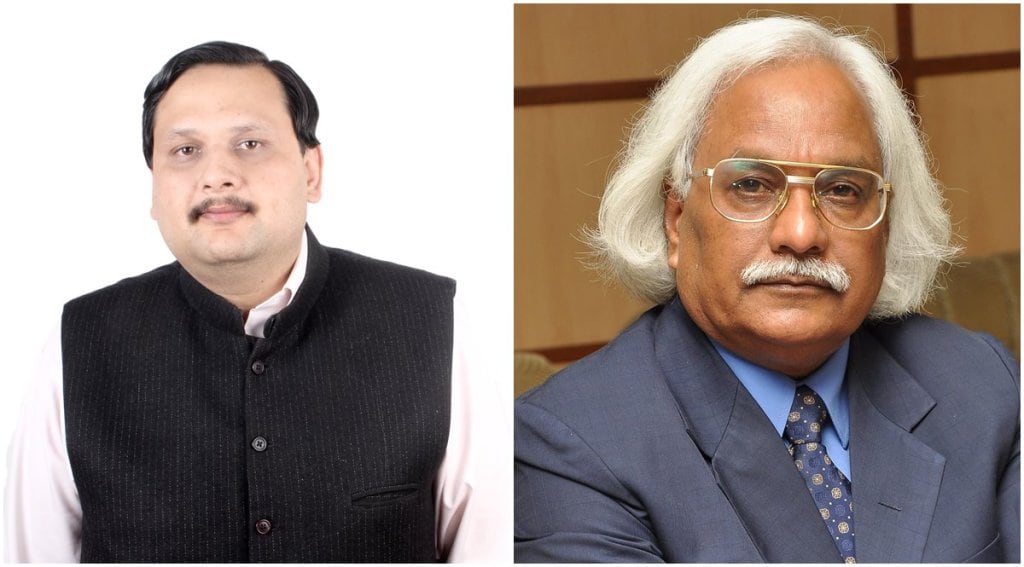By Prof Pritam B Sharma & Rajesh Mehta
India is long recognized as a major supplier of talented manpower to fuel the industries and corporates abroad Indian institutions of higher learnings have earned a great prominence by fielding some of the brightest minds as the leaders of global IT giants. But none are still figuring in the top 100 institutions globally when it comes to THE Times Higher Education Rankings or the QS Rankings. The reason is not difficult to comprehend. It is not just the quality of undergraduates, but the quality and impact of R&D and innovations, presence of talented international faculty, sizable foreign students’ presence, international collaborations, integration with industry, internalization at home, support of the philanthropy and above all the way the autonomy of the university is practices to build islands of quality and excellence that builds global quality and repute for a university. Though ancient Indian universities like Nalanda, Taxshila and Vikramshila welcomed the talented scholars and inspired teachers from countries abroad, we still shy away from opening our university doors for quality faculty from foreign countries despite the fact that faculty shortage is a reality in Indian universities.
The recent announcement of the UGC to open India’s higher education to foreign students and NRIs through conducting IIT-JEE in 25 countries abroad, including US, Australia, Singapore, China, Malaysia, and the UAE is a giant leap forward to attract the talented foreign and NRI students. It will be a win-win for both the students abroad as well as the Indian higher education institutions. The foreign students will have access to high quality higher education in India at an affordable cost. For us in India, it will be a great opportunity to market our cost-effective high quality higher education abroad. The talented students from these countries would be able to get admissions in the NITs, IIITs, and other reputed Indian Universities through the Direct Admission of Students Abroad (DASA) scheme of the Ministry of Education of Government of India. It is however, surprising that the IIT-JEE is still not open for admissions of the foreign and NRI students. If talent and merit is the sole criteria, why should the talented foreign and NRIs students be deprived to enter the India’s best, namely the IITs specially when Harvard, Stanford, MIT, Oxford and Cambridge admit foreign students on the basis of their SAT scores. Besides admitting the talented students from abroad, Indian institutions and universities should open their doors to the talented research driven faculty and post-doctoral scholars from abroad to further enrich their talented faculty pool.
The current leadership of the IITs has perhaps forgotten that the IITs were raised as truly international hub of talent by the initial genes that were derived from the rich talent pool of faculty from the reputed universities abroad. IIT Delhi, Kanpur, Madras and Bombay have been nurtured by research driven faculty from reputed universities in UK, USA, USSR and Germany. It is therefore all the more important today that HEIs in India, including the IITs come out of their protectionist postures now that the era of openness and global cooperation and collaboration has begun.
Conducting IIT- JEE in 25 countries should be taken as a great beginning to march on the road to become global hubs of quality education and research. A lot more is however desired to facilitate studies of foreign students in Indian universities and institutions of higher learning. To begin with, the grant of Student Visa needs further facilitation at the Indian Missions abroad. The FEMA regulations need to be revisited to facilitate foreign students and their remittance to their Indian bank account for payment of their tuition fees and other expenses. The current FRRO regulation for mandatory registration within 14 days of arrival in India, inclusive of holidays may be relaxed to 30 days. The annual attendance in the local police station is also highly repulsive to the foreign students who opt to study in a country that they regard as a crusader of the dictum ‘world is one family’ as in the Indian ethos of Vasudhaiv Kutumbakam.
On the lines of Social Security Number for international students in US, India could also explore the possibility of issuing a unique identification number similar to Aadhar that they could use for the KYC for their Indian bank accounts.
Well, the great beginning of IIT-JEE going global is laudable but the road to reform should remain further open, now that India has begun to utilize the great opportunity it has for marketing its cost-effective quality higher education abroad that was knocking at its doorsteps for many years.
Prof Pritam B Sharma is a renowned academician, Founder Vice Chancellor of DTU, and a former professor of IIT Delhi, Rajesh Mehta is leading international consultant in field of Market Entry, Innovation & Public Affairs.
(Views expressed are personal and do not reflect the official position or policy of Financial Express Online. Reproducing this content without permission is prohibited.)

